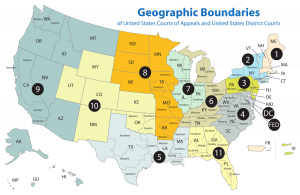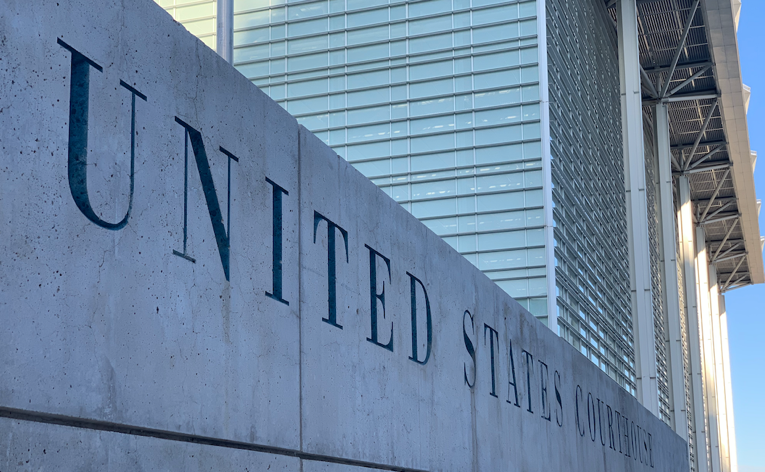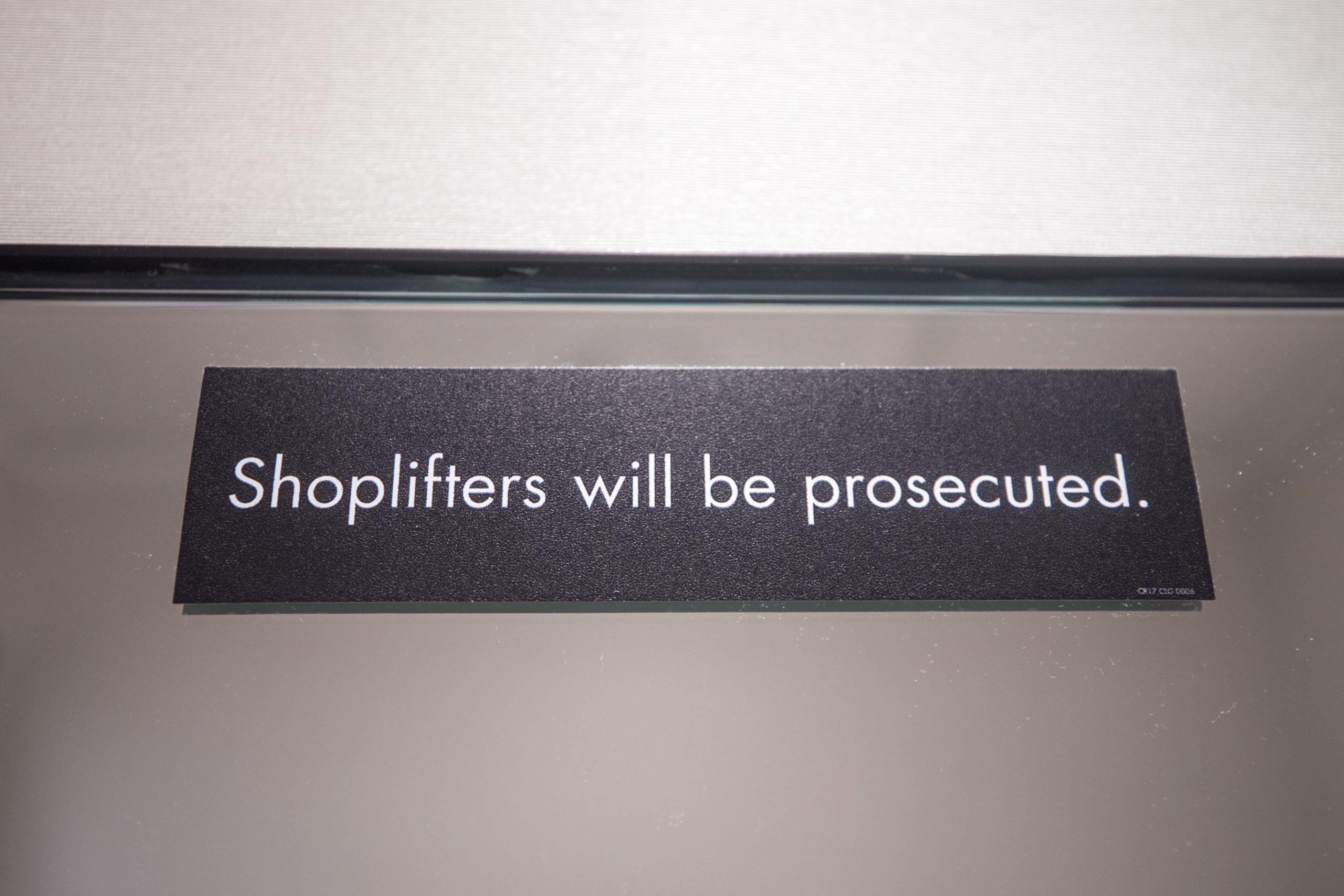Explore our background check services, including solutions for special industries.
Understanding Federal Crimes and Criminal Records
Don’t make a federal case out of it! This plea was often thrown out at the schoolyard to let the other person know that they were overreacting and, perhaps to cover up if we knew we were in BIG trouble. As adults, how much do we really know about what constitutes a federal crime and what is included in a federal criminal records search?
For employment screening, it is important to understand where federal criminal court records are kept, why this search shouldn’t be confused with a “national database” search and what may or may not show up as part of a background check. Let’s start with the growing list of federal crimes.
What Constitutes a Federal Crime?
To put it simply, federal crimes are offenses that violate U.S. federal laws. They are investigated by federal law enforcement and are prosecuted by United States attorneys in federal courts with federal judges.
While many of these offenses are distinctive to the federal system, they also include crimes that would otherwise fall under state or local jurisdictions, had they not occurred on U.S. federal property, across a State line or on an Indian reservation.
What’s interesting is that this list is getting longer each year, as outlined in an article from the CATO institute, titled “Don’t Make a Federal Case Out of It.”
“We’ve gone from a Constitution that mentions only three federal crimes (treason, piracy, and counterfeiting) to a federal criminal code with over 4,000 separate offenses, some of them stunningly trivial.”
Is it a federal crime to pretend to be a member of the 4-H Club? Yep. But so is bank robbery, kidnapping and wire fraud. None of which would be trivial to a hiring manager.
Here’s a handy federal crimes list for human resources professionals that we compiled from Title 18 and Title 26 of the United States Code, among others. While it isn’t an exhaustive list, it should help you determine if running a federal criminal search is right for your organization.
Can’t I Just Run a “National Database” Search?

Sandra Day O’Connor Federal Courthouse
No. And for a very good reason. While a National Criminal/Multi-Jurisdictional Database search and a Federal Criminal Record search may seem interchangeable they are not the same thing.
For starters, federal cases will not show up in a “national database” type search nor at the county or local level. Applicants with a conviction for a federal crime (remember bank robbery, kidnapping and wire fraud, etc.) will often go undetected simply because their prospective employer failed to include a federal record search in the background check. Give that a second to sink in.
Running a federal criminal search doesn’t always have to be about finding “big” cases either. It can also uncover misdemeanors. We recently found an applicant with a misdemeanor for transporting a person across the US/Mexico border. This may or may not be a disqualifying offense, but you should know your candidate’s criminal history as it relates to employment with your company.
How are Federal Criminal Records Searched?
Federal courts are grouped into three main levels: district courts, circuit courts and the Supreme Court of the United States. Justice.gov offers a Court 101 with a full breakdown of what each court does if you are interested in learning more.
For background checks, we are mainly concerned with the 94 different district courts. The system used to search each district is the Public Access to Court Electronic Records or PACER which is maintained by the Administrative Office of the U.S. Courts on behalf of the Federal Judiciary.

U.S. District Court Map. Source: Wikipedia
While this system is open to the general public, it should not be used for pre-employment screening unless you truly know how to navigate case files as well as read and examine criminal records, including the final disposition.
You also need to exercise proper due diligence to ensure accuracy in matching cases to applicants. Here are the steps we take to correctly match an applicant to a record:
- Use the PACER system to search the jurisdiction(s)
- Identify any name matches to the applicant (middle names are extremely useful here)
- Utilizing court documents, potential “hits” are investigated for matching identifiers such as date of birth, social security number, driver’s license number, current/previous addresses, etc.
- As identifiers are becoming more and more scarce in federal records, we will reach out to court clerks, prosecutors, defense attorneys, probation officers, arresting agencies, or any other officials related to a case that may have additional details
Why do we share all of this information with you? Because we want you to know exactly what you should be getting from a federal criminal record search, not just a useless report where nearly every single search is marked as “clear” because someone didn’t take the time to dig into the applicant identifiers…or worse, a record is reported that isn’t actually the applicant.
After all, accurate is fair and we owe it to our clients, and their applicants, to give them accurate information. In fact, background screening companies are required by the Fair Credit Reporting Act to “follow reasonable procedures to assure maximum possible accuracy of the information concerning the individual about whom the report relates.”
Value of a Federal Records Background Search
Digging into potential federal records can be time-consuming and difficult. But it is worth it and here’s why. While a large majority of criminal records are held at the county level, a county crime won’t uncover an applicant convicted of a federal crime.
Employers who do not conduct a federal criminal record search as part of their criminal background check have to be okay with the fact that applicants convicted of a federal crime will likely go undetected.
So, take another look at the list of federal crimes and see if any of these should give you pause in your hiring process.
Please Note: Information and resources provided by Clarifacts are for educational purposes only and should not be construed as, or a substitute for, legal advice. Employers should consult legal counsel about their specific compliance responsibilities under federal, state and local laws and any other applicable legal and regulatory requirements.

Kevin Klimas
Kevin Klimas is the president and founder of Clarifacts, an employment background screening company serving conscientious clients for more than 20 years. As a founding member and former board member of the Professional Background Screening Association (PBSA), Kevin is outspoken about screening the right way. In fact, he speaks on this topic at HR conferences and in various media outlets, sharing his enthusiasm for helping others understand all things background checks. Kevin is a member of SHRM and holds a Fair Credit Report Act Advanced Certification from PBSA. He has a Bachelor of Science in criminology and criminal justice from Arizona State University (Forks Up!) and has nearly completed his quest to visit every Major League ballpark.
About Clarifacts
Clarifacts is a pre-employment background check company specializing in personalized solutions for human resources leaders. From basic screenings to more specific services for specialized industries, Clarifacts has the experience, knowledge and technology to create a better background check experience, supported by a friendly, responsive, tenured team.
Insights for HR Pros
Sign up for monthly(ish) in-depth articles and helpful tips to broaden your background screening knowledge.
Misdemeanors Matter
Three reasons why you shouldn’t overlook misdemeanor criminal records on an employee’s background check You get the criminal record report …
Three Lies Job Applicants Tell about Criminal Records
For most people, answering the question, “Have you ever been convicted of a crime?” is no cause for anxiety. But …
What’s in a Name? Criminal Record Searches and Aliases/AKAs
“Allow me to introduce myself. I’m Robert Baker, but you can call me Bob…or Rob Baker… or Rob Wilson-Baker… or …
Get Started with Clarifacts
See why so many HR leaders make the switch to Clarifacts for their background checks. Tell us about your needs, and we’ll get to work on your custom pre-employment screening program.




